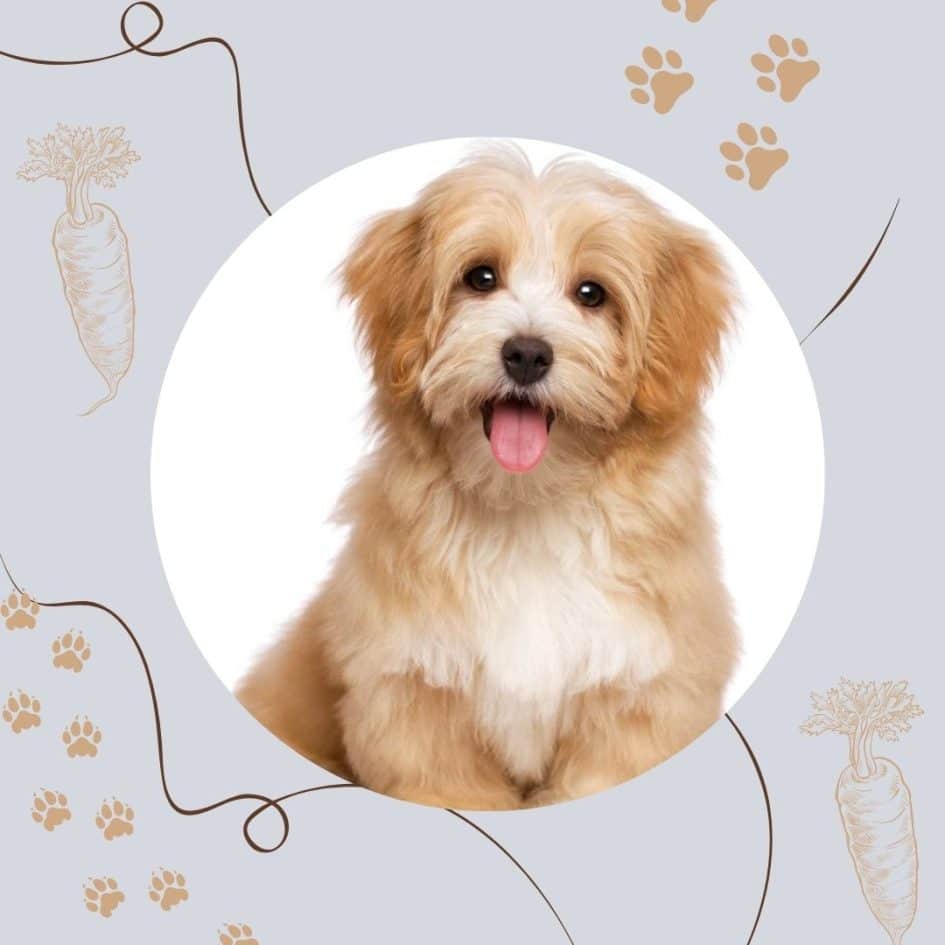

Pet Food Spotlight: How Dogs Can Benefit from Eating Carrots
Carrots are an incredibly healthy and tasty snack, but can your dog eat carrots? You’ve probably heard that dogs can’t eat carrots, but the truth is that they are actually pretty good for dogs! When given in moderation, carrots are safe for dogs to eat, so long as they aren’t super salty or oily.
We love our dogs, but there are times when they become too much, especially during feeding time. While they will eat almost anything, they can be pretty picky eaters. It’s even worse when you’re trying to feed your pet healthy food, such as vegetables, but they set it aside in favor of meat or kibble.
You can feed many vegetables to dogs. In fact, pet nutritionists and veterinarians encourage it. Perhaps the best kind of vegetable you can provide your pet is carrots. Giving carrots is viable to dogs because everything, from the orange body to the green leaves at the top, is safe for them to eat.
In this article, we’ll shed some light on how eating carrots can help your dog. Read on below to learn more.
Why Carrots Are Good for Dogs
Carrots are among the most nutritious vegetables because they contain potassium, vitamin K, beta carotene, which the body converts to vitamin A, and antioxidants. All of these are highly beneficial to the human body. Dogs will reap these benefits too, but small amounts won’t be enough (more on that later).
When Carrots Become Bad for Dogs
Dogs are allowed to eat carrots because they can get various nutrients from them. However, like any other vegetable, they are naturally high in sugar. If dogs get too much sugar from eating carrots, it will lead to weight gain and a myriad of other health complications. Think of it this way: carrots should be no less than 10 percent of a dog’s daily caloric intake.
It’s not only about weight issues either because dogs can also suffer from cavities and dental decay due to the high sugar content in carrots. It’s a far cry from abrasive dog food and treats that clean their teeth as your dog eats, so it’s best not to let them have too much.
How to Give Carrots to Dogs Properly
As mentioned earlier, small amounts of carrots won’t work wonders for your dog. It’s best to consult with your veterinarian first so that you can get the ideal serving size for your dog’s carrots.
When serving the carrots, you can slice them into rounds or sticks, or you can cut them into smaller or larger pieces depending on your dog’s size. It’s recommended that you give your dog raw carrots so that the nutrients won’t go away, but if your dog doesn’t like them raw, you can cook them.
You shouldn’t worry about the nutrients going away because putting them in a microwave won’t alter their nutritional value. What you shouldn’t do is boil the carrots because that’s what removes their nutrients.
The Benefits of Carrots for Dogs
Aside from getting various nutrients, dogs can also benefit from carrots in the following ways:
Boosts Eye Health and Immune System
Vitamin A, a primary nutrient you can find in carrots, improves the human body’s eye health and immune system. Naturally, the same is true for dogs. The cherry on top? A dog consuming carrots on the regular can prolong their lifespan.
Natural Source of Fiber
Giving your dog carrots provides them with fiber, which helps your dog digest their food more properly. In turn, they will have a healthier bowel movement.
Improves Coat Condition
Carrots are known to improve the skin of dogs the same way they do in humans. As a result, any dog that eats carrots often will have their coat maintained healthily.
Conclusion
Our dogs are always there for us, so it’s only fitting that we care for them at all times. Feeding them carrots is an excellent way to care for them because you’re maintaining their healthy condition at the same time.
The Pets People has resources on dog food and nutrition. We aim to have a library of comprehensive content that will be of help to any pet parent. Register for our newsletter to receive our updates!
Discover how to create a joyful, healthy home for your pet.
Subscribe to your weekly rundown of practice, real life ideas and training tips straight to your inbox.


